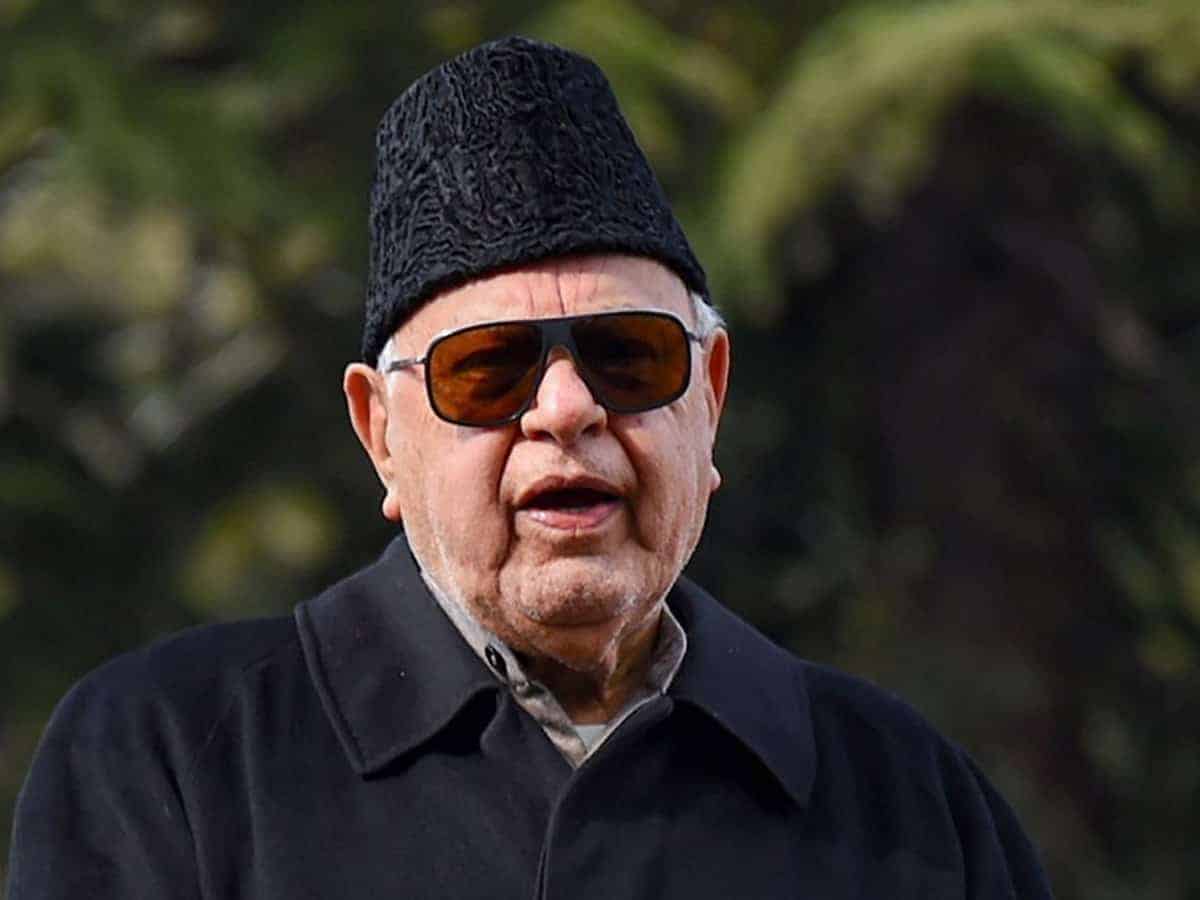
A lot of guesswork is going on as to when the Assembly elections will be held in Jammu and Kashmir, a large and majestic state, now reduced to Union Territory, and ironically that too with bifurcation of its original geography that it had inherited following UN supervised ceasefire line drawn in 1949. The State had inherited the truncated geography because of the Pakistani invasion of Jammu and Kashmir, in a clear bid to annex the Muslim-majority territory by force and the subsequent ceasefire in 1948. Ladakh, the cold desert region, having almost equal Buddhist and Muslim population, and spread over to 59,000 sq. kms, was taken out of the erstwhile state and declared as the Union Territory on August 5, 2019- the day now known better for scrapping of the special status and privileges of the erstwhile state.
At the moment, there are only speculations about the season when the elections to the Assembly would be held in J&K, but divergent political narratives have created a lot of confusion in the minds of the people as to what kind of Kashmir will emerge after the elections are held. The parties know, it for certain, that the restoration of Article 370, the constitutional provision that granted special status to J&K is gone forever. There is no appetite in any of the national parties, including Congress to bite this bait. More than the Parliament, the Indian people have given their approval to the measure taken by the Modi government on August 5, 2019. The Supreme Court, too, has shown no urgency in hearing the petitions challenging the abrogation of the constitutional provisions relating to the special status and exclusive rights to the people of the former state.
The lure of the return to the government job and the perks that come with it made IAS officer Shah Faesal, who had resigned and become a full-time activist for the Kashmiri identity and had described the August 5, 2019 decisions as “ catastrophic” prevailed over him in the changed situation. He has withdrawn his name from the petitions challenging the abrogation of Article 370 from the Supreme Court. This is his message as what is more important to him, the man who had promised to change the political and social landscape of the Valley where traditional parties had perpetuated family rule. This also is a message to the people, especially, the youth, that it was a futile exercise to challenge Delhi’s writ, whether within Kashmir or at the apex court.
More significant is the way, the parties like the National Conference, the original protagonist, and custodian of the autonomy of Jammu and Kashmir, has changed its tack. From a struggle until Article 370 is restored, it has downsized its goals – from the restoration of the special status and reunification of the two union territories into state, it is now looking at elections in the UT’s geography as its finish line.
An argument has been advanced by National Conference president Farooq Abdullah that it is “ very, very, difficult to get Article 370 restored in the given situation”. It is being interpreted as a reality bite, but the people see in it drastic change in its commitments. The party is facing a credibility crisis. They are not convinced by the NC’s latest assertion, that the elections would give boost to their struggle to get Article 370 restored.
The people know as they have been made aware of the illusions being woven by NC, by Jammu Kashmir Apni Party chief Syed Mohammad Altaf Bukhari that the Assembly that will be constituted after the elections in the UT, will have no powers to reverse the abrogation of Article 370, as “ it will be taking care of the day-to-day issues concerning people, nothing more, nothing less than that.”
This point has been endorsed by Ghulam Nabi Azad, who quit Congress after being with the party for the past 50 years or so. He has shown his helplessness in overturning August 5, 2019, because has no powers to convince Prime Minister Modi as to what his government did three years ago is not good, nor there would ever be a two-third majority in the Parliament to undo August 5, and there is no way in judging as to what Supreme Court will decide on the issue.
These conflicting political versions have left the people confused, and they are increasingly becoming aware that the political parties are inconsistent in their approaches and ideologies. The history of the parties alone is not the guarantee of their commitment.

